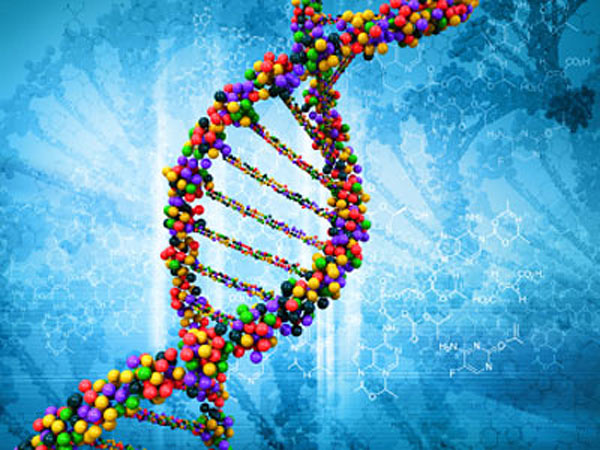Tempe, Ariz. — The DNA you inherit from your parents contributes to the physical make-up of your body — whether you have blue eyes or brown, black hair or red, or are male or female. Your DNA can also influence whether you might develop certain diseases or disorders such as Crohn’s Disease, cystic fibrosis, hemophilia or neurofibromatosis, to name a …
How DNA Is Turning Us Into a Nation of Suspects
Every dystopian sci-fi film we’ve ever seen is suddenly converging into this present moment in a dangerous trifecta between science, technology and a government that wants to be all-seeing, all-knowing and all-powerful. By tapping into your phone lines and cell phone communications, the government knows what you say. By uploading all of your emails, opening your mail, and reading your Facebook …
Are you a descendant of Genghis Khan? Millions of modern men descendants of 11 Asian dynastic leaders
Geneticists from the University of Leicester have discovered that millions of modern Asian men are descended from 11 powerful dynastic leaders who lived up to 4,000 years ago — including Mongolian warlord Genghis Khan. The study, which is funded by the Wellcome Trust and published in the journal European Journal of Human Genetics, examined the male-specific Y chromosome, which is passed …
DNA may predict when and how we’re going to die
Washington, Mar. 02 (ANI): The DNA strands on the end of chromosomes may help predict when people are going to die. BYU biologist Jonathan Alder stated that, DNA end caps, called telomeres, are the great predictors of life expectancy: the shorter your telomeres, the shorter your lifespan. But that’s not the only thing these fascinating strands of DNA predict. Shorter telomeres also indicate a …
The remarkable archaeological underwater discovery that could open up a new chapter in the study of European and British prehistory
Remarkable new archaeological discoveries are likely to completely rewrite a key part of British prehistory. Scientific tests suggest that a major aspect of the Neolithic agricultural revolution may have reached Britain 2000 years earlier than previously thought. The research – carried out by scientists at the universities of Bradford, Birmingham and Warwick – reveal that wheat, probably already ground into …



